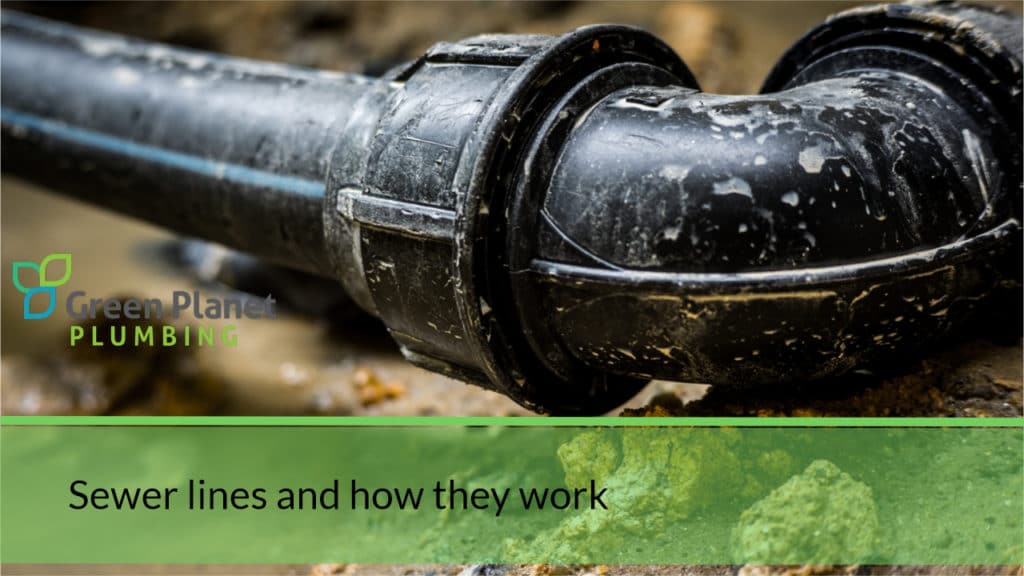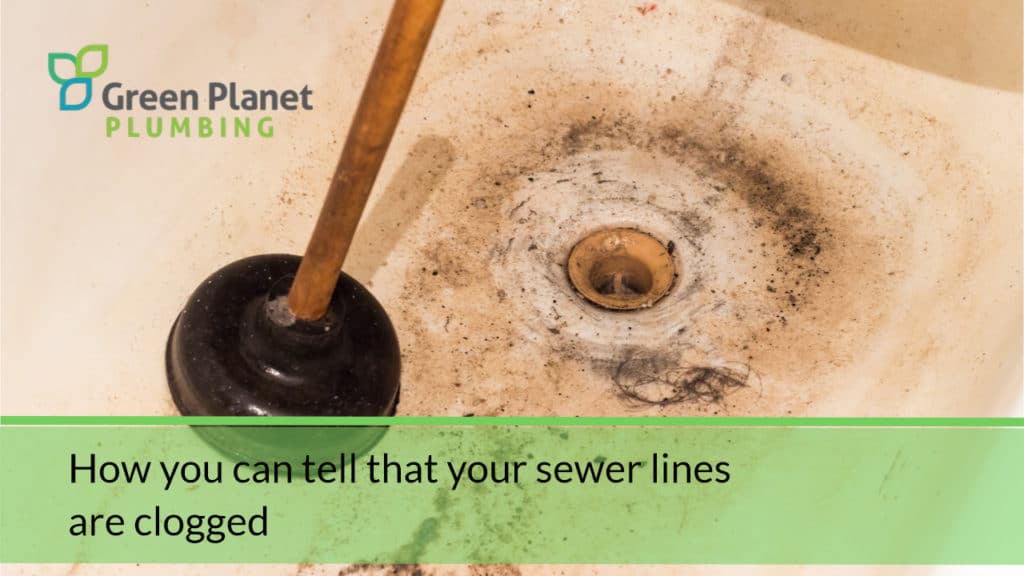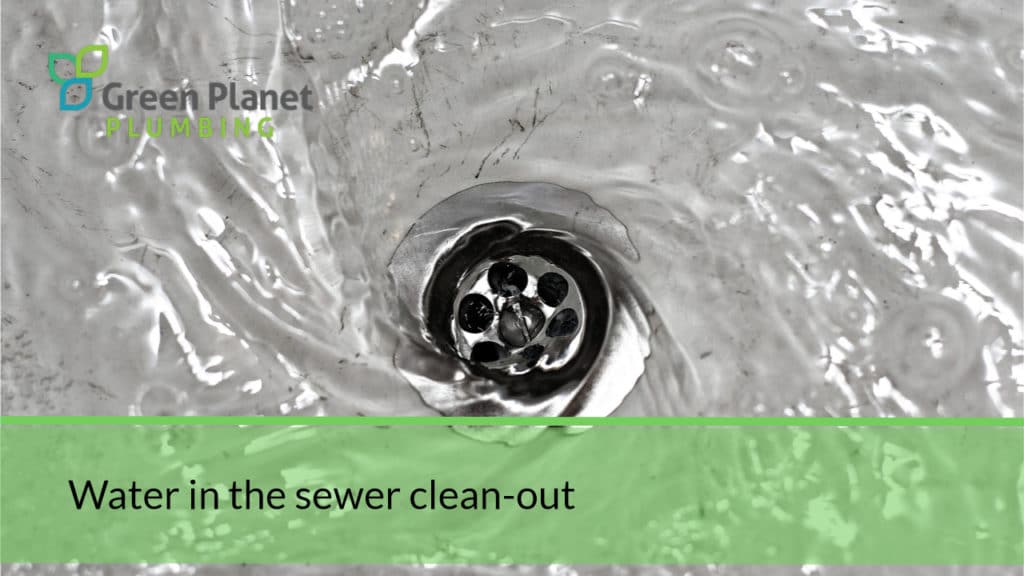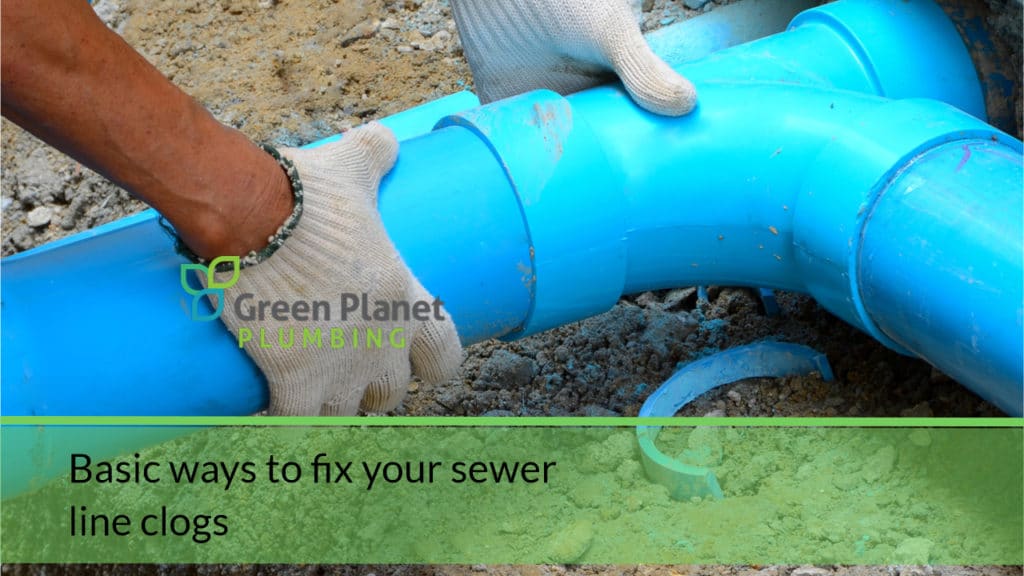Every property needs a properly working sewage system. If you own a house, you’ll need it for your daily water needs, especially for your kitchen and bathroom. The need for a good sewage system is even more necessary if you run a commercial or industrial facility. This is because the flow of water needed for mass use purposes is going to be greater in such circumstances.
Therefore, regardless if you’re renting a property or you own it yourself, you need to make sure that your sewer lines and sewer system are all taken care of. Otherwise, your daily life and work could be hampered by the inconvenience of inefficient water lines and systems.

Sewer lines and how they work
In a typical property, there are a couple of basic paths that sewer lines go through. You have the bathroom and toilet drain, kitchen sink and grease trap, pipes, septic tank, main sewer, and a vent. Each of these parts all works together to make the sewer system as efficient as possible.
- Bathroom and toilet – includes toilet, basins, showers, and baths.
- Kitchen sink – the kitchen sink typically has its own line in the sewer system for easy water access. Property owners can opt to install a grease trap in their kitchen sink sewer lines to prevent clogging due to oil and grease.
- Septic tank – this is the area where sewage is typically collected and the tank is emptied rather than being attached to a municipal sewerage system..
- Pipes – All the water and solid waste that passes through the sewer system all moves through pipes.
- Vents – vents regulate air pressure in sewage systems to aid the free-flow of gas and prevent unsavoury smells from entering back into your home or workplace.
These are just some of the basic and most common parts of a sewer line that you will usually find in a sewage system. Constant maintenance of all of these parts will ensure that your sewage system remains in proper and working order.

How clogs happen
If you have been a property owner for an extended period, clogs in your sewer systems will be nothing new to you. Clogs happen all the time, often because of the lack of maintenance or irresponsible handling of your drainage and sewer lines. To know more about how clogs occur here are the top reasons for clogs in Australia:
- Tree root expansion – as tree roots grow and expand, they will continuously seek moisture and water. During dry periods with little-to-no rain, these roots can make their way into your pipes and cause clogs. Stronger roots may even cause your pipes to break as they expand over time.
- Incorrect garbage disposal – you shouldn’t be surprised to experience a clog on your property if you habitually dispose of your garbage improperly. Make sure to invest in a grease trap and kitchen sink strainer to avoid clogging your garbage disposal.
- Using your toilet as a trash bin – don’t use your toilet as a rubbish bin. . Many people think that throwing soft tissues or wet wipes in toilets is acceptable, but they actually are the root causes of many clogs in toilet drains and pipes. To prevent clogging your toilet, do not use it for any other purpose than what it is intended for.
- Deterioration of sewer lines – Deterioration of lines is inevitable, especially if they have been in use for a long time. Usually, sewer lines sag as they age, which makes it harder for waste to flow through. . To lengthen the lifespan of your sewer line, make sure to perform proper maintenance as often as needed.
- Debris – there are times when stray debris can accidentally get into sewer lines. Examples of this debris include clay, grass, mud, leaves, and the like. Once there’s an accumulation of debris in your sewer lines, clogs, stoppages, and even breakages can happen. Make sure to habitually check your sewer lines to make sure that such accumulations do not happen.

How you can tell that your sewer lines are clogged
Sometimes, knowing whether your sewer line is clogged or not can be difficult. However, there are instances where it can be determined. As a responsible property owner, you should know the basic ways to assess whether your sewage line is clogged or not. Here are some of the main signs you should look out for if you want to know if your sewer line is clogged:
Multiple backed-up drains inside your property
As mentioned earlier, the parts of your property’s sewage line all work together as a whole system. That means that if there’s an issue in one part of the system, it will usually cause an issue in another. It’s a domino effect, a problem in one line affects other lines as well.
For example, if your tank is clogged, the drains attached to it will have issues as well. As the water drains through a clog, it sometimes makes a gurgling noise as it moves through pockets of air. You’ll probably hear that from your showers, sinks, or bathtub. The more water you use, the louder these noises will be.

Water in the sewer clean-out
One of the easiest ways to determine if your main sewer line is clogged is by checking your home’s sewer clean-out. Most modern properties have clean-outs that have circular lids. Remove the cap and check for signs for standing or flowing sewer water. If the water is flowing out of the pipe or not moving at all, then it probably means that you have an existing sewer line clog.
Overflowing water into other plumbing fixtures
Usually, water from branch lines gets drained through the main sewer line. However, if your main sewer line is clogged, the water that’s supposed to be drained goes back up and overflows in other plumbing fixtures. If you see wastewater or sewage coming through your shower or bathtub drains, then it means that your main sewer line is probably clogged. Here are some ways to check if water is overflowing in other fixtures already:
- Washing machine – try turning on your washing machine. If you see hints of any water coming up your bathtub or shower/floor drain or dishwasher, then that means that there’s a clog somewhere in your sewer system.
- Bathroom sink – Try to turn on the water in your bathroom sink. Watch your toilet closely as it happens. If the water in your toilet rises when you use the water in your bathroom sink or lavatory, then that means that there’s a clog somewhere in your sewer line.
- Toilet – Flush the toilet. If you see any water coming up through the bathtub or shower/floor drain, it means that there’s a clog in your sewer system.
The overflowing water will always seek the lowest plumbing fixture available, so those ones in the lowest points of your home will be affected first. If you encounter overflowing water in the upper sections of your house, then it probably means that your main sewer line clog has been dragging on for some time. Make sure to call for a dependable plumbing company if you do not know how to fix main sewer line issues on your own.

Strong sewage smell coming from your plumbing fixtures
This is probably one of the easiest ways to determine if you have a clog in your sewage system. If you start to get the hint of a sewage smell from any of your plumbing fixtures, then it means that there’s probably a clog in your sewer line.
If you experience any of these, it means that it’s probably time to get your sewer line fixed. If you know fundamental fixes for your sewer line, you can try to fix it yourself. Otherwise, it may be the time to call for professional plumbers from your area.

Basic ways to fix your sewer line clogs
Now that you know how to determine if your sewer line is clogged or not, it might be good to learn the basic ways to fix your sewer line clogs. Here are the immediate things you can do to restore your plumbing system to its former functionality:
Release the water pressure
As soon as you realise that you might have a clogged sewer line, turn off your primary water supply source immediately. Look around your property, inspect your yard, basement, or roof and see if you can find your sewer clean-out line. Once you find this pipeline, remove its cap to release pressure in the sewer line. This will force water that has backed-up into your home to drain.

Mechanical drain cleaning
If you already have a little experience with unclogging pipes, you probably know how to mechanically drain your pipes. You need to have an auger/drain snake — a professional tool to unclog main sewer drain lines. This equipment is often truck-mounted or power-assisted and can be fed to the line until it is able to reach and break up the clog in your pipes.
You also have the option of using high-pressure water jets to blow the debris and roots down your property’s sewer line. You can rent these tools, but you can also purchase your own if you think the investment is worth it. While it may be cheaper to mechanically-clean your lines on your own in the long run, it might be safer for professionals to handle it for you.
Cleaning your drain with chemicals
If the cause of the clogs in your pipes is tree roots, you can try to remove and break them down through chemical drain cleaning. There are heaps of plumbers who recommend flushing copper sulphate down your toilet to kill tree roots. However, there are those who would not advise doing so as this chemical isn’t compatible with septic tanks. Dichlobenil is a septic-tank friendly alternative. This herbicide will definitely kill your roots, but it may take a few months to be completely effective.
You can use any of these methods if you want to unclog your sewer line. If these are still not effective, you should ask professionals to do a proper camera inspection to determine the final cause of the blockage.
Fix your sewer lines now with help from Green Planet Plumbing
Property owners know that plumbing is one of the most critical parts of any house or building. Regardless if you own a residential, industrial, or commercial property, making sure that you have a clean and working sewer line is essential.
If you are currently experiencing issues with plumbing in Newcastle, it’s a good idea to consider approaching professionals to assist you with your clogging problem. While you may be able to do it on your own, seeking the help of experienced individuals will lessen the possibility of damage, and will help you understand how to prevent such things from happening again.
Green Planet Plumbing is a family-owned and operated plumbing business in Newcastle. If you want your property to be serviced by one of the best and most experienced plumbing teams around, Green Planet Plumbing is the best choices for you. We do not only promise top-quality service. We also make it a point to do things in a way that won’t harm the ecosystems and environment around our clients’ properties.
Email us at hello@greenplanetplumbing.com.au or call 02 4911 9402 to know how we can assist you with your plumbing and clogging issue!

